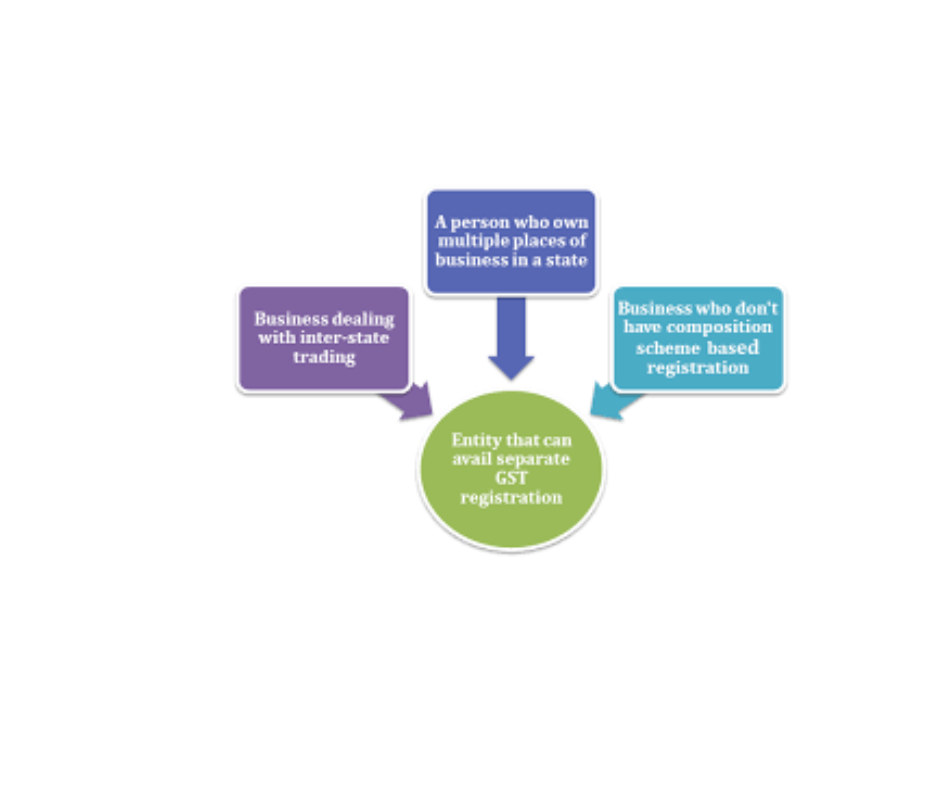Do I need to file the balance sheet with the income tax return in India?
ITR with Balance sheet No, it is not mandatory to file the ITR with balance sheet in India. However, certain taxpayers such as companies, firms, and LLPs require to file a copy of their balance sheet along with their income tax return. Individuals and HUFs (Hindu Undivided Families) generally do not require to file their… Read More »






